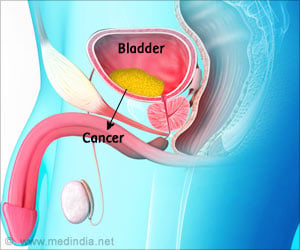At the University of Surrey, researchers have discovered how the receptors responsible for contractions in the bladder, regulate the body's clock genes.

While currently much is known about the central biological clock, little is known about the peripheral clocks in the body. This latest research challenges the long-held view that the central clock of the brain controls all the peripheral clocks in other parts of the body and that these in turn control the down-stream receptor molecules which generate specific cell activities, such as contraction, secretion and metabolism. However, researchers have found that receptors in the bladder, a muscular hollow organ in the body, exert control over the local clocks. The control of organ function via an interaction between the peripheral clocks and the receiving receptors is an important finding for understanding the pathology and development of new treatments for common diseases of the bladder, such as bladder overactivity and irritable bowel syndrome.
The team also believes the study will help advance understanding of how ageing affects organ function in the body as the normal control of daily rhythms by the clock is weakened in ageing tissue.
"Previously, people have believed that the brain 'master' clock controls the 'slave' peripheral clocks, but our study is the first to show that in a contractile organ, such as the bladder, its receptors also control these clocks," said lead author Dr Changhao Wu from the University of Surrey.
"By influencing the receptors in the bladder, we can also change our clock genes. These clocks are crucial in maintaining our physiological rhythm and preventing unwanted activities associated with an overactive bladder."
Source-Eurekalert















